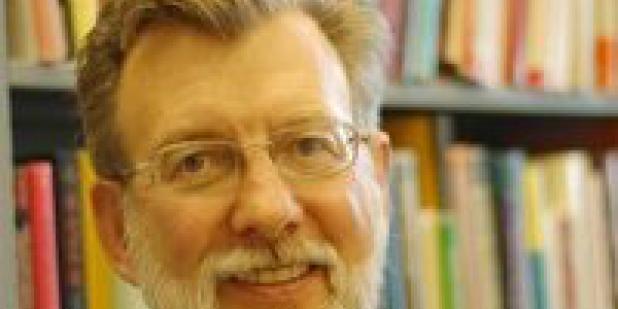Happy Lunar New Year from the USC US-China Institute!
1943: China at the Crossroads
The Center for Chinese Studies at UC Berkeley presents a talk with Professor Joseph Esherick to discuss China's one critical year, 1943.
Where

Colloquium: Center for Chinese Studies
Joseph Esherick, History, UC San Diego
Wen-hsin Yeh, History, UC Berkeley
Global China Colloquium V
World War II was a transformative moment shaping the world we live in. In China, it was particularly important for it witnessed the gradual disintegration of Chiang Kai-shek’s Nationalist regime and the rise of the Chinese Communists. At the beginning of the war, Chiang Kai-shek was the indispensable leader of China; while the Communists were a ragtag band of hearty survivors of the militarily disastrous Long March, holed up in the caves of Yan’an in the barren and impoverished hills of Northern Shaanxi. By the end of the war, the Communists had an army of a million men and a number of relatively stable bases behind Japanese lines, while Chiang Kai-shek’s National Government was increasingly viewed as an inept, corrupt, self-serving authoritarian regime. How did this happen? To answer this question, Esherick examines one critical year, 1943, when the Allies renounced the unequal treaties, Chiang Kai-shek met with Roosevelt and Churchill at Cairo, Mme. Chiang Kai-shek made her memorable trip to the United States, the Communists launched a witch hunt for suspected spies, and millions of peasants perished in the Henan famine. Building in part on the unique and invaluable sources of the Hoover Archives, he probes the way in which the innumerable threads linking local, national, and international events can be unraveled by focusing on a single limited time when China advanced towards a critical crossroads in its history.
Featured Articles
We note the passing of many prominent individuals who played some role in U.S.-China affairs, whether in politics, economics or in helping people in one place understand the other.
Events
Ying Zhu looks at new developments for Chinese and global streaming services.
David Zweig examines China's talent recruitment efforts, particularly towards those scientists and engineers who left China for further study. U.S. universities, labs and companies have long brought in talent from China. Are such people still welcome?






